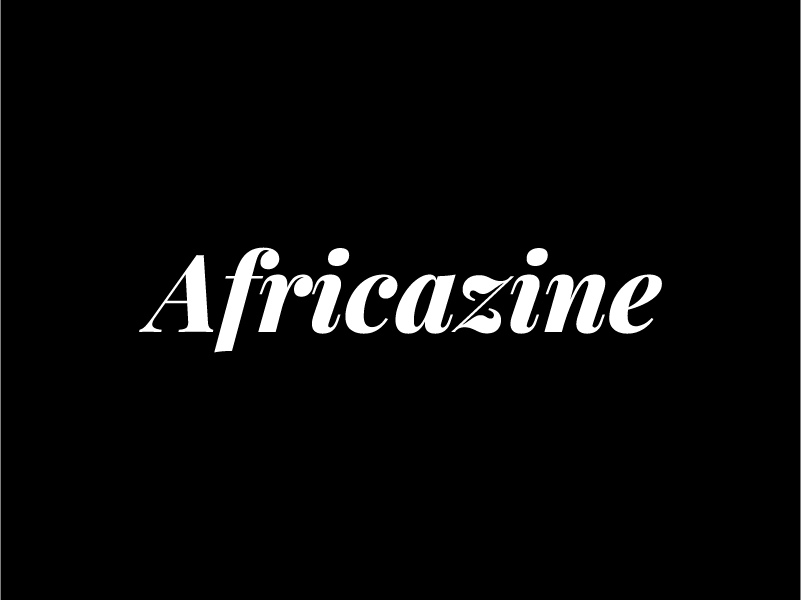Johannesburg's Tariff Changes: A Move Towards Essential Services
Johannesburg has made headlines with its recent approval of the tariffs for municipal services for the financial year 2025/2026, effective next month. This decision showcases the city’s commitment to maintaining essential services while ensuring that the needs of all its citizens are met, particularly those from underprivileged communities.
The new tariffs reflect a notable increase in key areas: electricity will rise by 12.74% while water and sewerage charges will see a 13.9% hike. Refuse collection fees will increase by 6.6%, and property rates will adjust up by 4.6%. These changes are not made lightly; they are part of a broader strategy by the city council to allocate resources effectively, ensuring that services are sustainable and reliable.
Margaret Arnolds, the Mayoral Committee Member for Finance, emphasized that the city is working hard to balance its budget while ensuring essential services remain a priority. “We want to ensure that even as we increase these tariffs, we are protecting our most impoverished communities and providing them with the services they critically need,” Arnolds stated. The focus is not solely on the cost; it is about maintaining quality and accessibility for all residents of Johannesburg.
It’s crucial to note that these increases aim to enhance the overall infrastructure and service delivery in the city, fostering a better living environment for everyone. As Johannesburg prepares for these changes, residents have an opportunity to engage in discussions about how best to implement these increases while looking for ways to innovate and conserve resources.
This move is also reflective of broader economic trends across Africa, where cities are striving to improve service delivery amidst fiscal pressures. Citizens may need to adapt to these changes, but the overall goal is to sustain and improve life in one of Africa’s most vibrant metropolises.
In conclusion, while tariff increases can be a concern, they also represent an essential investment in the future of Johannesburg, ensuring the city continues to thrive. As we watch this story unfold, residents are encouraged to stay informed and participate in local governance discussions.
#SouthAfrica #WorldNews #Politics



